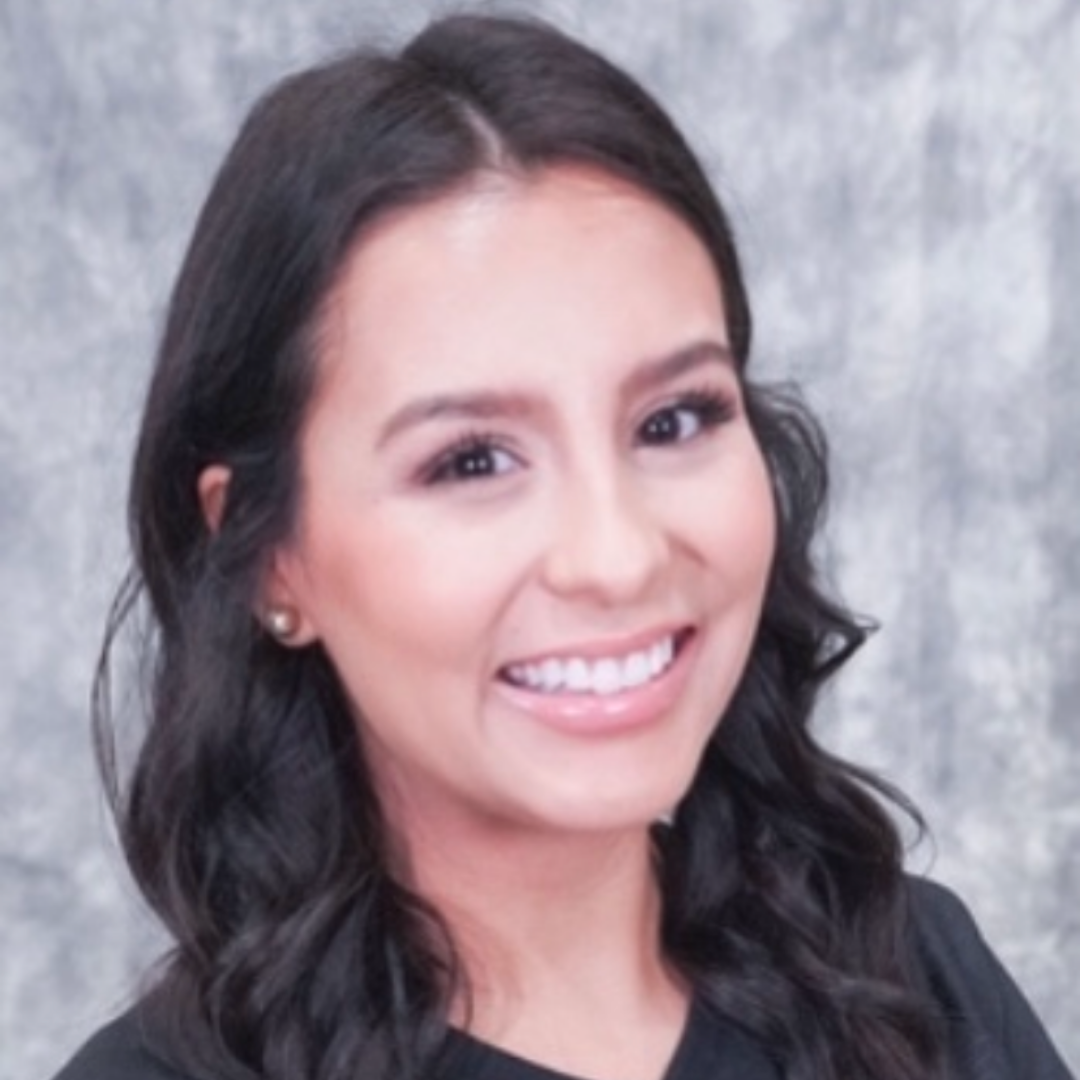Describe your personal, educational, and professional experiences and how they informed your decision to pursue a graduate degree.
Growing up on the Northwest side of Chicago in a predominantly White neighborhood, I felt like I did not belong with the majority. In Latinx communities, including extended family, I felt as though I still did not belong. My parents grew up in underserved communities of Chicago which led to this move as it would follow the American Dream narrative of more opportunities. I have battled the “ni de aqui ni de alla” battle almost all my life of having to prove my spot in both spaces.
For undergrad, I attended Northeastern Illinois University. I completed a degree in psychology as my personal experiences shaped the importance of mental health. I minored in Latino and Latin American studies to learn my histories and understand the culture in ways I never knew before.
I decided to further my education as a bachelor’s in psychology offers limited opportunities. I pursued a degree in counseling with a specialization in rehabilitation counseling at Adler University. In that, I took over the Hispanic and Latinx student organization on campus after seeing a lack of Latinx representation and created a safe space. Currently, I am pursuing a doctoral degree in counselor education and supervision while working as a vocational counselor at the local Veterans hospital. My mission is to create more representation, literature and research of Latinx experiences in mental health. I want to not only break down the stigma in the Latinx community but also increase the number of Latinx clinicians and academics.
What challenges did you encounter along your educational trajectory? How did you overcome those challenges?
I faced many challenges throughout my educational journey. I had some personal battles with mental health throughout undergrad and the first years of graduate school. I sought out therapy—even experienced an intensive outpatient program to address my depression and anxiety. My identity crisis as a Latina caused a lot of insecurities. In that, I urged myself to expand my knowledge on Latinx history, add to my limited Spanish speaking skills through Spanish courses and get involved in the student organization in graduate school. I struggled a lot with graduate school because I did not see many Latinx students nor faculty. I was sad to see this so I sought out the few professors and other faculty of staff to have real, heartfelt conversations about being academics of color in a white academia. Many of those faculty have supported me throughout both my masters and doctoral degree. Some have even encouraged my activism, by insisting I speak at a rally in front of Trump towers—my first protest! I did all of this because I did not let any of these challenges keep me from my goals. I pushed myself to get therapy and mentors to get through it and thrive. This I believe is what being Latinx is all about, we support each other, push each other and strive for the best opportunities but we do it together!
What advice do you have for individuals who are interested in pursuing a graduate degree?
First of all, if you are thinking about furthering your education through graduate or professional school, do it! It is such a fulfilling accomplishment to know that you are continuing to push yourself to be the best version professionally so that you can better serve our communities. Second, research schools by looking at specific programs, ask a lot of questions at orientations or meetings with admission advisors and even ask to connect with current students, alumni or faculty. Lastly, make mindful decisions that include yourself, finances, family and all the other responsibilities we carry. Also, don’t forget si se puede!
What did you enjoy most about your graduate/professional program?
This question makes me gush! I absolutely loved my graduate experience so it is hard to highlight one part. What sticks out to me the most is my willingness to squeeze as much out of the experience as I could—I mean it is expensive! I participated in two student organizations that taught me leadership skills, organizational skills, public speaking and networking. Through my participation with student organizations I networked with so many different students and faculty which I later have tapped into for my academic pursuits and supports. I gained many valuable mentorship relationships with faculty of color at my university to strengthen my academic identity and research identity—but also to stay grounded as well. I cherish my experience and my wish is that others can create an experience of a lifetime.


